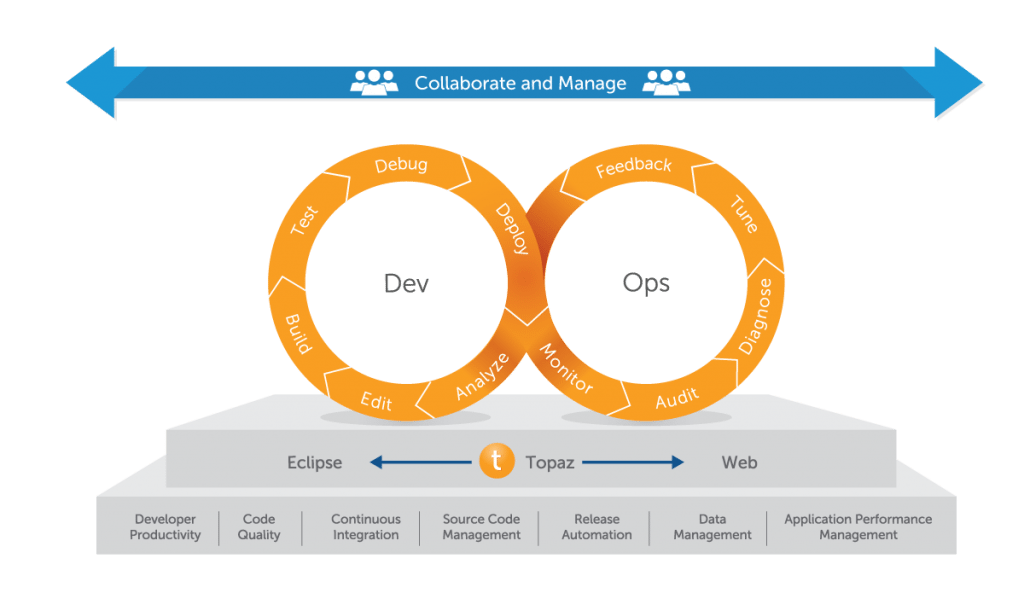It began as a great idea with the best intentions behind it.
Alex Peake, founder of Primer Labs, decided to create a product called Code Hero, a game that would teach aspiring programmers to write their own programs by presenting the lessons in a game-based environment. Not a bad idea in the least, and naturally he launched a full-on Kickstarter campaign, which was able to raise more than US$170,000 (almost double what the Code Hero project said it needed to bring a fully-featured, deliverable product to its customer base by August 31, 2012).
And, you’ve got to admit, it’s a convincing Kickstarter video. Here, the lab-coat-clad team describes lofty-but-attainable goals of teaching the next generation of programmers to code via a killer video game interface that marries the best of “Minecraft” and “Portal,” talks about a better approach to the teaching process where an instructor isn’t hovering over the student, and how the process itself can feel more natural. Then it describes the American dream of sorts: several guys with a good idea asking for the funds necessary to live and work together full-time on the idea itself.
It’s no wonder they were able to pull in the funds that they did.
Since then, the project’s been in a tailspin with only an early alpha to show for it.
As of mid-April, what many have described as a dearth of communication and transparency has occurred. The project has fallen behind to a point where its Kickstarter donors began discussing legal action. Worse, a source close to the project stated that some of the raised funds were used to pay off personal debts Peake had collected over the years.
These rumors only compounded a general undertone that the project, along with the way it’s been managed and the “geek house/office” it’s been managed in, has essentially torched through “dozens” of talented artists, programmers and engineers over the past year. A core element of the project’s delays has been rumored to be the constant turnover and new programmers coming in to build on someone else’s work and modules that they had little to no familiarity with.
With Code Hero’s early alpha build out and available for public consumption, there’s a chance the project may actually be completed. Or not. Primer Labs may have shot itself in the foot yet again by asking for an additional $30,000 in Kickstarter funding to help make the game a Massive Multiplayer Online title in addition to its previously promised lofty feature set.
As messy as this entire effort has been, there are some lessons that can be learned here:
Please don’t boil the ocean (the fish live there): The premise of Code Hero is a fine idea and the aspirations behind it are noble, even if the execution has left a lot to be desired. If a project has to be delivered in bite-size, milestone chunks, then that’s the way it has to be. Yes, it’s awesome to be able to say, “We achieved this monumental thing and here it is” all in one go, but when you take a long time creating it, people begin to wonder where their money went…
Transparency’s a good thing: One of the core complaints about the Code Hero project has been an apparent lack of transparency and public comment. Primer Labs has kept a somewhat consistently updated news page going, but donors complained about a lack of communication that amounted to radio silence from the company’s end. Whatever was said to supporters and donors, it wasn’t enough, and when you’re playing with someone else’s hopes and funding, you owe them some explanations.
Think of Kickstarter as a creditor: Yes, Kickstarter can be seen as cash/currency/manna from above, the thing that’s gotten some amazing projects off the ground and on the road to completion. It’s probably best to see it as a bank loan, because while you’ll have supporters that wish you and your efforts the best, they also become curious as to where their money’s gone and what’s going to be done with it. This is where the need for transparency kicks in, and it’s entirely possible to tell people what you’ve achieved, what you’re working on, what problems you’re fighting and what your established costs are without giving away pertinent chunks of your business model. Remember, these people like you and what you’re trying to do, but they need some answers every so often.
Finally, hire an Office Square/project manager: Project management may not be your thing. Still, it’s critical in any business, and there are plenty of people out there who know how to run a project, keep things sane, keep the employees happy, and keep things on track so that those financing it, be it a friend, relative, bank, venture-capital firm, angel investor or legions of Kickstarter donors, are happy. No, the idea of an Office Square doesn’t jibe with the Code Hero Kickstarter video and its vision of several dudes living, working and coding together to crank out an amazing product, but that position ensures that the product gets out there in a timely manner in the first place.
From my own perspective, I want to see Code Hero completed and for it to have the impact that so many of the project’s donors seem to think it will. A hundred and seventy thousand dollars is a huge commitment to live up to and that number has to weigh heavily on Peake’s mind when he wakes up in the morning.
But until he starts treating the effort like a genuine business—not a well-funded hobby—then it’ll be hard to say when anyone will feel like they’ve gotten their contribution’s worth.





